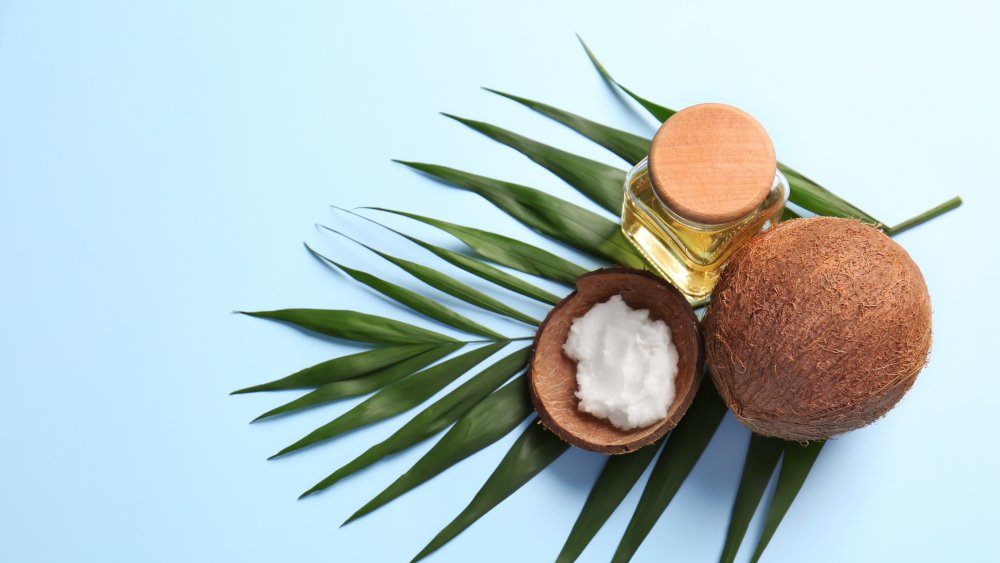Can Coconut Oil Clog Your Pores?
There have been so many claims about what coconut oil can and can't do that we've lost count. Over the past few years, we've heard it can whiten teeth, treat acne, and prevent wrinkles, but is it really something we should be putting on our faces?
According to Dr. Craig Austin, the dermatologist at New York medical spa Cane + Austin, the answer is (unfortunately) no. "There are a few issues with putting it on your face as it's considered a comedogenic product," Austin told Byrdie. "When you use coconut oil, you're applying an oil to your skin in combination with bacteria and dead skin cells — the oil essentially aids in 'clogging' the pore."
Is coconut oil comedogenic?
Dr. Shilpi Khetarpal, a dermatologist at Cleveland Clinic, told SELF that a 'comedo' or 'comedone' is essentially the earliest form of acne. "It's basically a clogged pore," she said. In other words, if your skin is prone to acne, it's best to stay away from products that are deemed to be comedogenic, such as coconut oil.
As Austin explained to Byrdie, coconut oil is too thick for your skin to absorb, meaning it simply acts as a coat of oil that sits on top of your skin without sinking in. "Bacteria and dead skin cells will then fester under the skin and cause your body to produce excess sebum, which can result in acne," elaborates Austin.
Different skin types may react to coconut oil positively or negatively, but most experts agree that it should never be used as a moisturizer, no matter the quality. If you're looking for other ways to use your coconut oil in your beauty routine, Estheticians Rebecca Hebert and Lindsay Royston of Joanna Czech Studio suggest using it in place of makeup remover. Otherwise, keep it away from your face and put it back in the kitchen cupboard, where it belongs.

